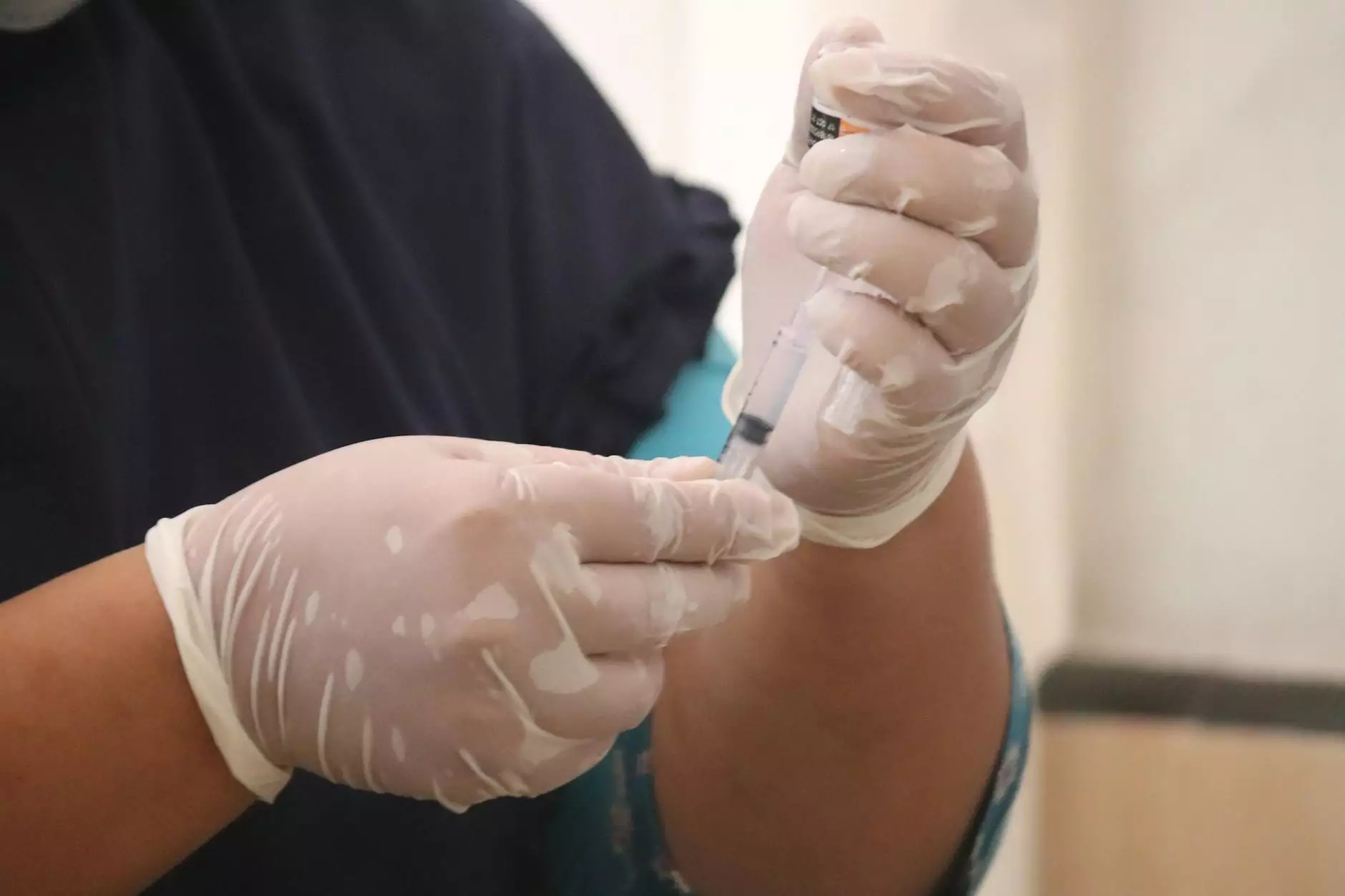Managing Foot Injuries During Marathon Training

Welcome to The Foot Practice, your trusted source for expert podiatry services. With our extensive experience in the field of foot care, we understand the importance of maintaining foot health, especially for those training for marathons. In this article, we will provide you with valuable insights and advice on how to prevent and manage foot injuries during marathon training.
Understanding Foot Injuries
Foot injuries are a common concern among runners, particularly during marathon training. Whether you are a beginner or a seasoned runner, it is crucial to be aware of the potential risk factors and take necessary precautions to protect your feet.
The Impact of Running on the Feet
Running puts significant stress on your feet, making them susceptible to various injuries. Some of the most common foot injuries experienced by marathon runners include:
- Plantar Fasciitis: This condition involves inflammation of the plantar fascia, a thick band of tissue that runs across the bottom of your foot. It often causes heel pain and can significantly impact your running performance.
- Achilles Tendonitis: The Achilles tendon, located at the back of your ankle, can become inflamed and painful due to overuse. This injury requires proper care and management to avoid further complications.
- Stress Fractures: Repetitive stress and the impact of running can lead to small cracks in the bones of your feet. Stress fractures often require rest and rehabilitation to heal properly.
- Metatarsalgia: This condition causes pain and inflammation in the ball of your foot, usually resulting from excessive pressure on the metatarsal heads.
- Blisters: Friction and excessive moisture can lead to painful blisters on your feet, hindering your running performance and causing discomfort.
Prevention is Key
Preventing foot injuries is always preferable to dealing with them after they occur. By implementing the following strategies, you can significantly reduce the risk of developing foot problems during your marathon training:
Proper Footwear
Investing in high-quality running shoes that are specifically designed for your foot type and running gait can make a world of difference. The right shoes provide adequate support, cushioning, and stability, thus reducing the likelihood of injuries.
Gradual Training Progression
One common mistake that runners make is increasing mileage or intensity too quickly. Gradually increase your training volume and intensity to allow your feet and body to adapt to the demands of long-distance running. This helps prevent overuse injuries.
Stretching and Strength Training
Include regular stretching and strength training exercises targeting your lower limbs and feet in your training routine. This helps improve flexibility, balance, and overall foot strength, reducing the risk of injuries.
Monitoring Your Foot Health
Paying attention to any discomfort, pain, or changes in your feet is crucial. If you notice any unusual symptoms, such as swelling, redness, or persistent pain, seek professional advice from a reputable podiatrist like The Foot Practice.
Proper Running Techniques
Learning and maintaining proper running techniques can significantly reduce the stress placed on your feet and lower the risk of injuries. Focus on maintaining good posture, landing softly, and avoiding excessive pronation or supination.
Managing Foot Injuries
Despite taking preventive measures, foot injuries can still occur during marathon training. If you experience any foot-related issues, it is crucial to take prompt action to prevent further complications:
Rest and Recovery
If you suspect a foot injury, it is essential to rest and allow your feet to recover. Continuing to train through pain can worsen the injury and prolong the healing process. Be patient and give your body the time it needs to heal.
Icing and Elevation
Icing the affected area and elevating your feet can help reduce inflammation and minimize pain. Apply ice packs wrapped in a cloth for 15-20 minutes at a time, several times a day, especially after running.
Physical Therapy
Consider seeking professional assistance from a podiatrist or physical therapist experienced in treating foot injuries. They can provide you with a customized treatment plan that may include exercises, manual therapy, and other therapies to aid recovery.
Foot Orthotics
If your foot injury is related to biomechanical issues or faulty foot mechanics, using custom orthotics can provide additional support and cushioning. Orthotics help alleviate pain and promote proper foot alignment.
Gradual Return to Training
Once you have recovered from a foot injury, ease back into training gradually. Listen to your body and pay attention to any signs of discomfort or pain. If necessary, modify your training regimen to minimize stress on your feet.
Your Foot Health Matters
As a podiatry expert, The Foot Practice prioritizes your foot health and helps you overcome challenges during marathon training. Remember, prevention is always better than cure, so take proactive steps to minimize the risk of foot injuries.
If you require professional assistance or have any concerns about foot care, our experienced podiatrists are here to help. Contact The Foot Practice today or book an appointment online to receive personalized advice tailored to your specific needs.
Investing in proper foot care and taking care of your feet will not only enhance your running performance but also contribute to your overall well-being. Trust The Foot Practice, your partner in foot health, for comprehensive and effective solutions.
foot injury during marathon training


